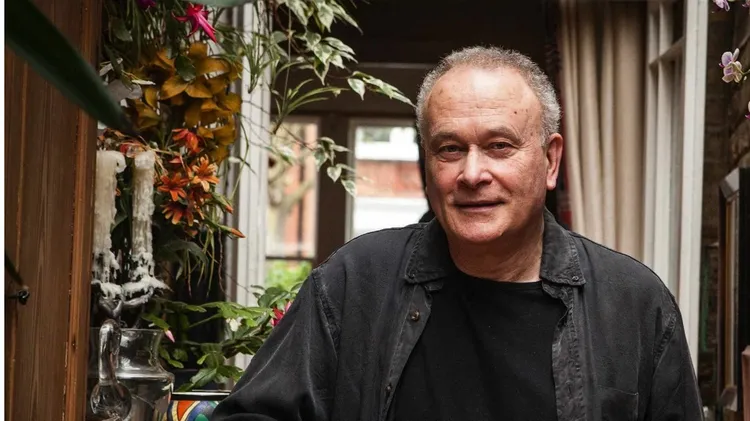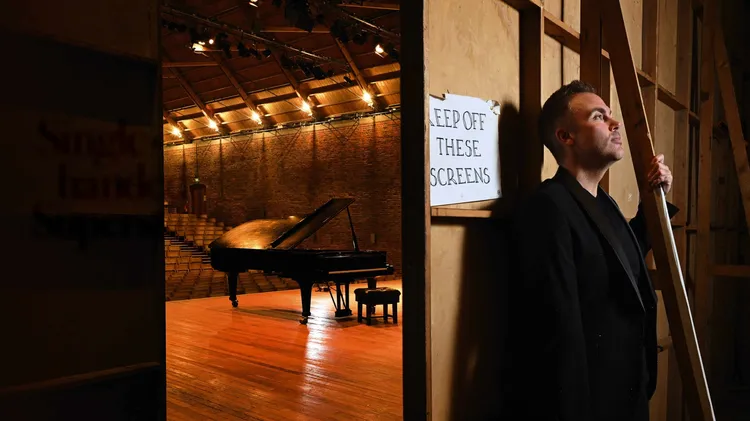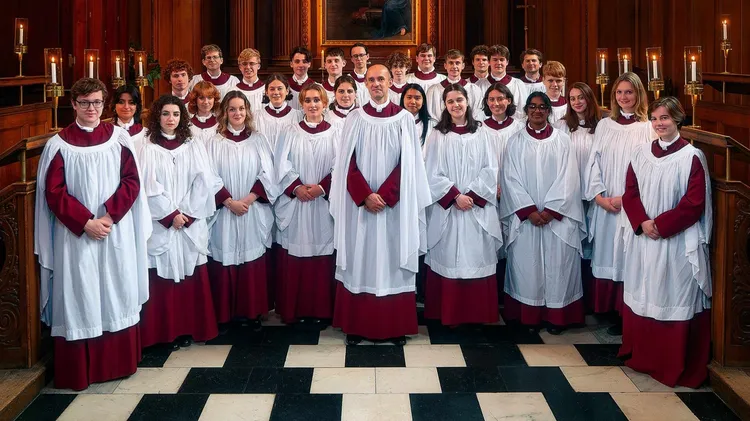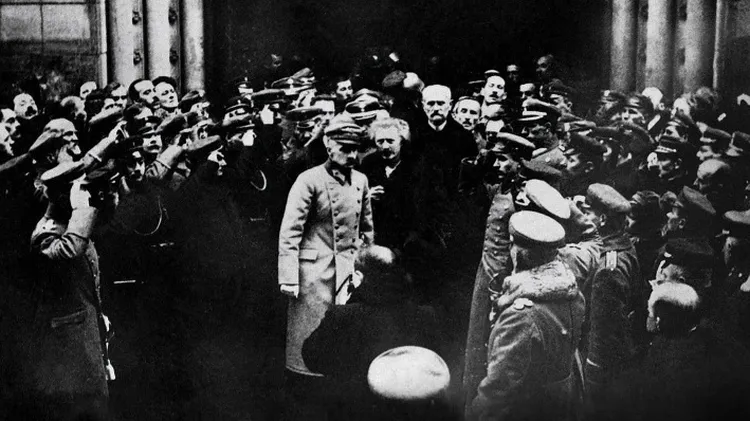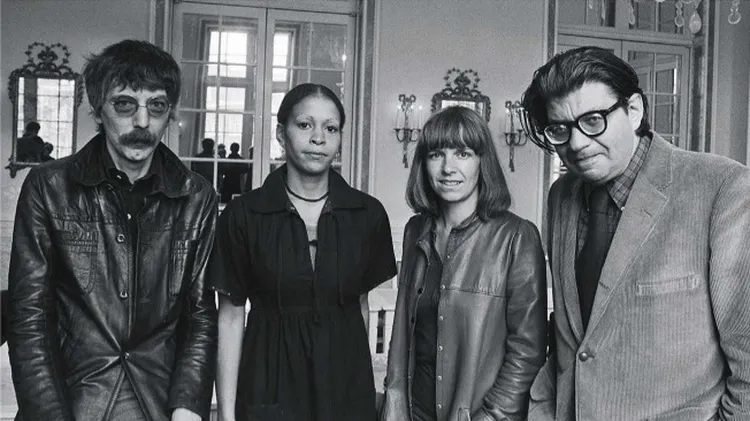The genesis of Vaughan Williams’s The Lark Ascending can be traced back to a mee
Thethirdman
7 min read
This article is from...
Read this article and 8000+ more magazines and newspapers on Readly

